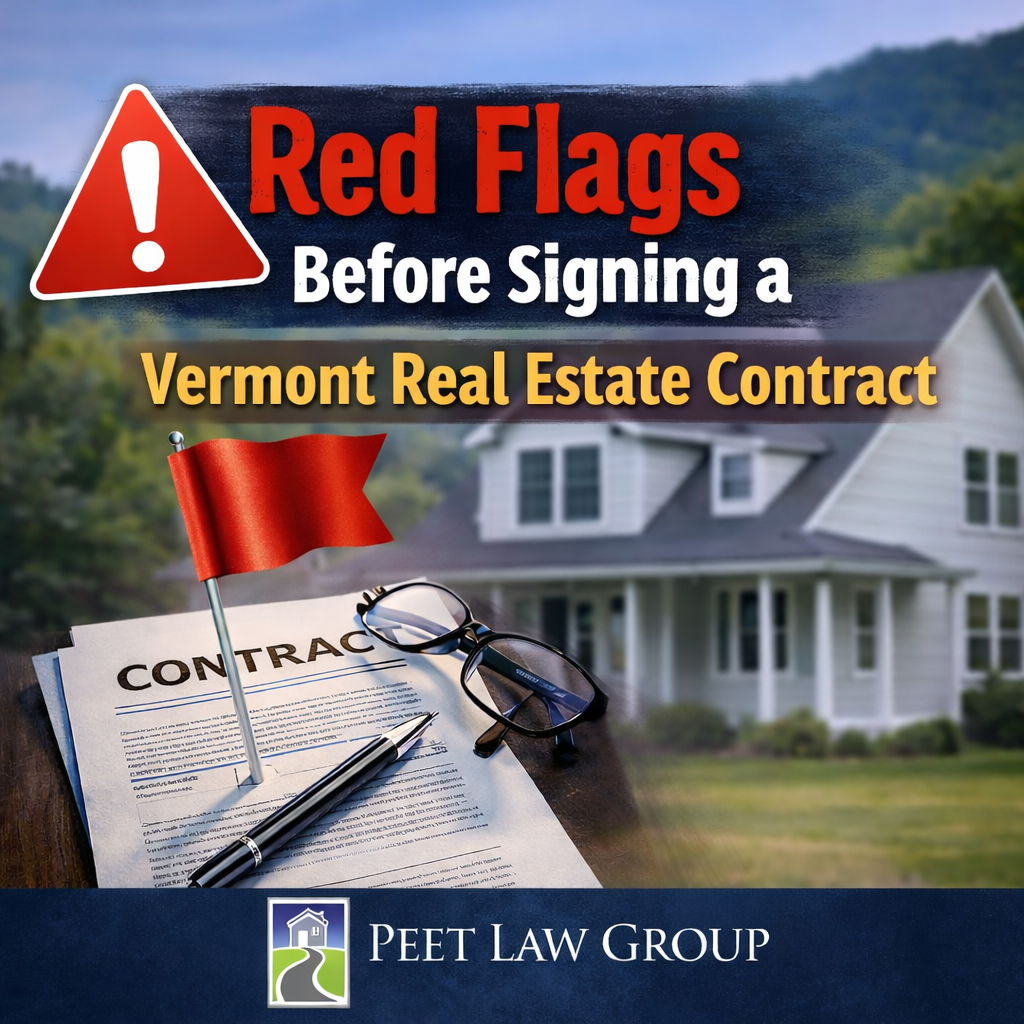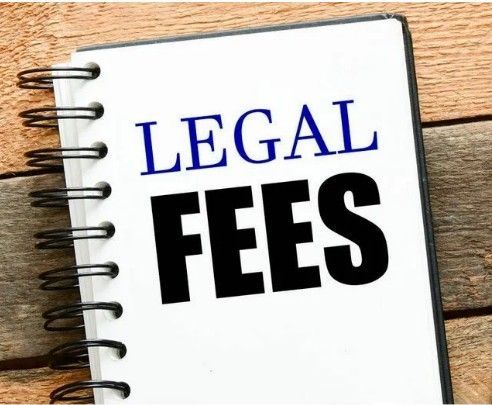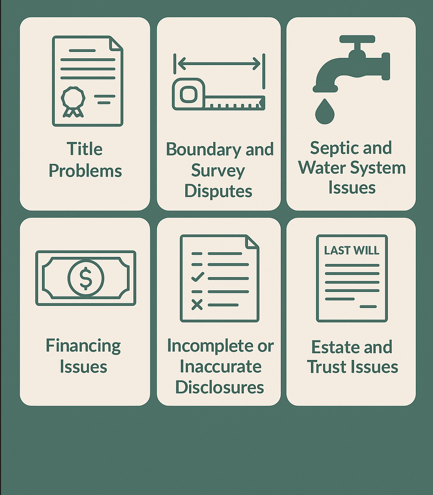Inheriting Tenants? Key Legal Tips for Purchasing Tenant-Occupied Properties

Purchasing an investment property that already has tenants in place can be a great opportunity to generate rental income from day one. But it also comes with unique legal and practical considerations. At the Peet Law Group , we guide buyers through every aspect of the real estate transaction—including how to navigate tenant-occupied properties—so you can make an informed investment with confidence.
Benefits of Buying a Tenant-Occupied Property
One of the biggest advantages of buying a property with existing tenants is immediate rental income . There’s no downtime or need to market the unit—you step into an income-producing asset from day one. Additionally, an established rental history provides valuable insight into how the property performs financially and whether rent payments have been consistent.
Review the Existing Leases Carefully
When buying a tenant-occupied property, you are inheriting the existing leases —not starting fresh. That means you need to read the lease agreements thoroughly:
•
How much are the tenants paying?
• When do the leases expire?
• Are there any rent concessions or unusual terms?
• Are there automatic renewal clauses or early termination rights?
Understanding these details helps avoid surprises and ensures you’re comfortable with the legal obligations you’re assuming as a new landlord.
Transferring Security Deposits
Security deposits must be properly transferred from the seller to the buyer at closing. You should also get a written accounting of each tenant’s deposit, including any deductions taken during the seller’s ownership. Failing to handle this properly could expose you to liability under Vermont landlord-tenant law.
Why You Need an Estoppel Letter
An estoppel letter , or tenant estoppel certificate, is a signed statement from each tenant verifying key details about their lease. It typically confirms:
• The amount of monthly rent
• Lease start and end dates
• Security deposit amount
• Whether the landlord is in breach of any lease terms
These letters protect the buyer by verifying that the information provided by the seller matches the tenant’s understanding. If there’s a dispute later, the estoppel letter can serve as valuable evidence.
Municipal Rental Regulations and Compliance
Some Vermont municipalities—including Burlington, South Burlington, Winooski, and Barre—require rental property registrations, inspections, or certificates of compliance . Before closing on a tenant-occupied property, it’s critical to check with the local municipality:
• Is the property currently registered as a rental?
• Are inspections up to date?
• Are there any outstanding violations?
Buying a noncompliant property can delay your ability to collect rent and potentially expose you to fines and expensive repairs.
Final Thoughts
Buying a property with tenants can be a smooth and profitable investment— if you know what to look for . At Peet Law Group, we have decades of experience guiding investors through Vermont’s residential real estate landscape. Whether it's ensuring proper transfer of security deposits, or confirming municipal compliance, we’ll make sure you’re protected at every step.
Thinking of buying a rental property in Vermont? Contact the
Peet Law Group today for experienced legal guidance tailored to your investment goals.










